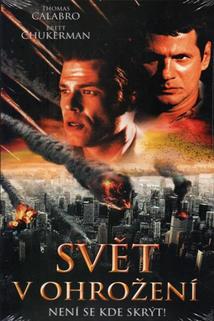

Upon climbing, the poet narrator must overcome the desire to avoid suffering and dwell in spiritual pleasure in order to transcend the mistakes of false poets. He is challenged by a mysterious figure, Moneta, to climb upon stairs, which he experiences a painful death that is reminiscent of Apollo's pain when "dying into life" in Hyperion. Upon awakening, the poet narrator finds himself before a temple, with the gates to the East (the same direction as the gates of Eden) shut. After enjoying the sensory delight, he is compelled to partake of a "cool vessel of transparent juice" that causes him to fall into a deep sleep. This scene is reminiscent of the "sensory delight" mentioned in his previous work, Sleep and Poetry, or of the "happy happy joy" experienced in Ode on a Grecian Urn. The poem's first scene opens with the poet narrator stumbling on a post-Edenic feast scene. The poem is divided into three scenes before its final fragmentation. In it, the narrator introduces the idea that the poem could be either a dream or a vision, and is unsure of which. The poem begins with lyrical argument to introduce the work.

The poem was abandoned before Keats's death.

Keats composed The Fall of Hyperion by reworking, expanding, and personally narrating lines from his earlier fragmented epic poem Hyperion. The Fall of Hyperion: A Dream, sometimes subtitled as A Vision instead of a dream, is an epic poem written by the English Romantic John Keats.


 0 kommentar(er)
0 kommentar(er)
